Our Schools
Look how dirty the Earth is,
Land, water, and everywhere else;
With so much garbage, the Earth smells,
From chip packets to broken racquets;
Our planet is full of trash.
Earth is dirty, don’t you see!
But do you know how much cleaner it can be?
Plants, animals, and us as well,
How dangerous this is, can you tell?
LET’S SAVE OUR EARTH; TEAMWORK MAKES THE GREEN WORK!
Shrimoyee Konar
Grade 4B
Ekya School ITPL
#TeacherBlogger: Tips on study routine/time management By Richa Saxena , Ekya School, Byarthi
Tips on study routine/time management
Effective time management and a well-structured study routine are crucial for academic success. Here are some valuable tips for developing a study schedule and managing time.
-
Set Goals: Set clear, measurable, and attainable academic goals. This might be scoring a certain percentage or mastering a new concept.
- Plan Ahead: Use a planner to map out your study schedule. Students can allocate their time based on how complex the subject is.
-
Prioritize Tasks: Not all assignments are equally important. Apply the Pareto Principle – focus 80% of your time on the 20% of tasks that yield the most results.
-
Time Blocking: This involves dedicating specific time slots for different tasks. This can help you concentrate better and avoid multitasking.
-
Regular Breaks: Short breaks can rejuvenate the mind, improving focus and productivity. Consider the Pomodoro Technique – study for 25 minutes, then take a 5-minute break.
-
Study Techniques: Explore methods like the Feynman Technique, SQ3R, and active recall. These can enhance your understanding and retention of information.
-
Review and Reflect: Regularly review your study plan. Modify it based on your performance and changing academic requirements.
-
Healthy Habits: Don’t neglect your health. Regular exercise, a balanced diet, and adequate sleep can significantly improve cognitive functions and concentration.
To remind you, consistency is critical to maintaining an effective study routine. Experiment with different techniques, find what works best for you, and stick with it. Good time management can help balance your academic commitments with other aspects of life, leading to a more fulfilling and less stressful student experience.
-Richa Saxena IGCSE and Middle School Hindi teacher, Ekya School-Byrathi
#TeacherBlogger: Have you filled your cup today? By Ms Moitreyee Bose , Ekya School, BTM Layout
I once observed a kindergarten kid at pretend-play – s he had a scowl on her face and a finger pointing at her Baby Panda while she was preaching to Panda to be kind and gentle. I'm not sure what the bewildered Panda caught onto, but I had a moment of epiphany.
As parents and educators, we are constantly taking care, always giving, and always on the go. We hardly have time to reflect and rejuvenate. Sometimes, when our cup is empty, we may not realise but behave like the little girl — preaching mere words without a hint of kindness and gentleness. Our children will reflect that in some way.
Many of us have been there and done that. My child picked up a fight in the playground. I resorted to harsh scolding while there were other ways to deal. Or say, you get your child ready for school, ask him to have a great day, and do all the activities well while seeing him off. All that while he's looking at an exhausted parent who is least enthusiastic about their day. Which one do you think is a more vital message to the child? And then, the guilt trip, to top it all off!
Dear fellow parents and fellow educators (and everyone else as well), it is imperative that we prioritise the " cup check'’. A well-nurtured mind and body will better influence young minds. And if this isn't convincing enough, let me say," On the seventh day, God had finished his work of creation, so he rested from all his work" ~Genesis 2:2
If God needs to rest, then indeed, we do, too!
Ms Moitreyee Bose, Primary Academic Coordinator.

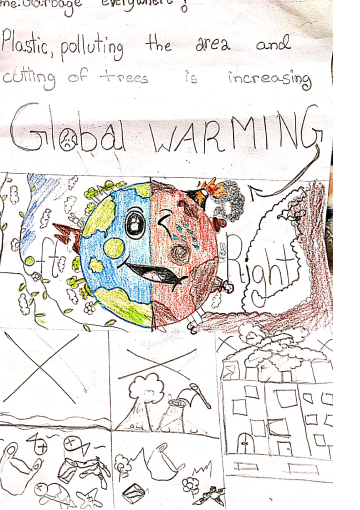
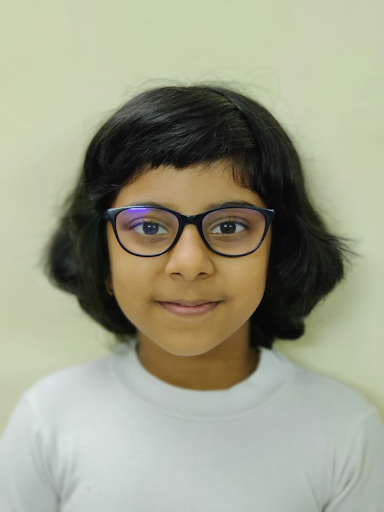
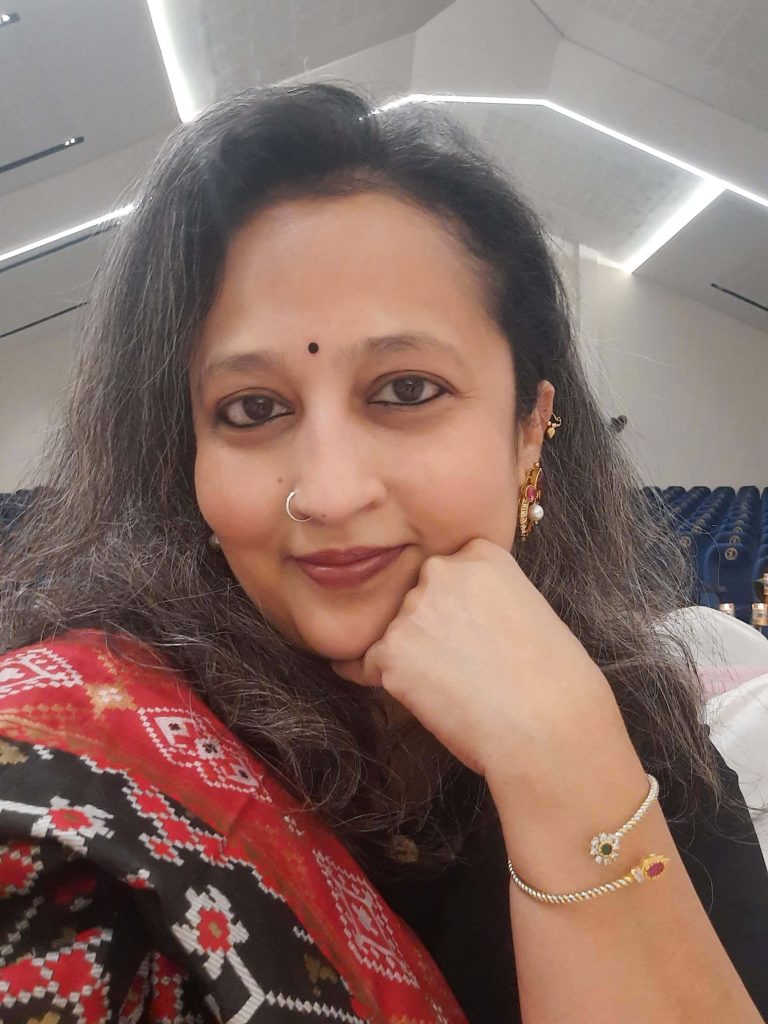

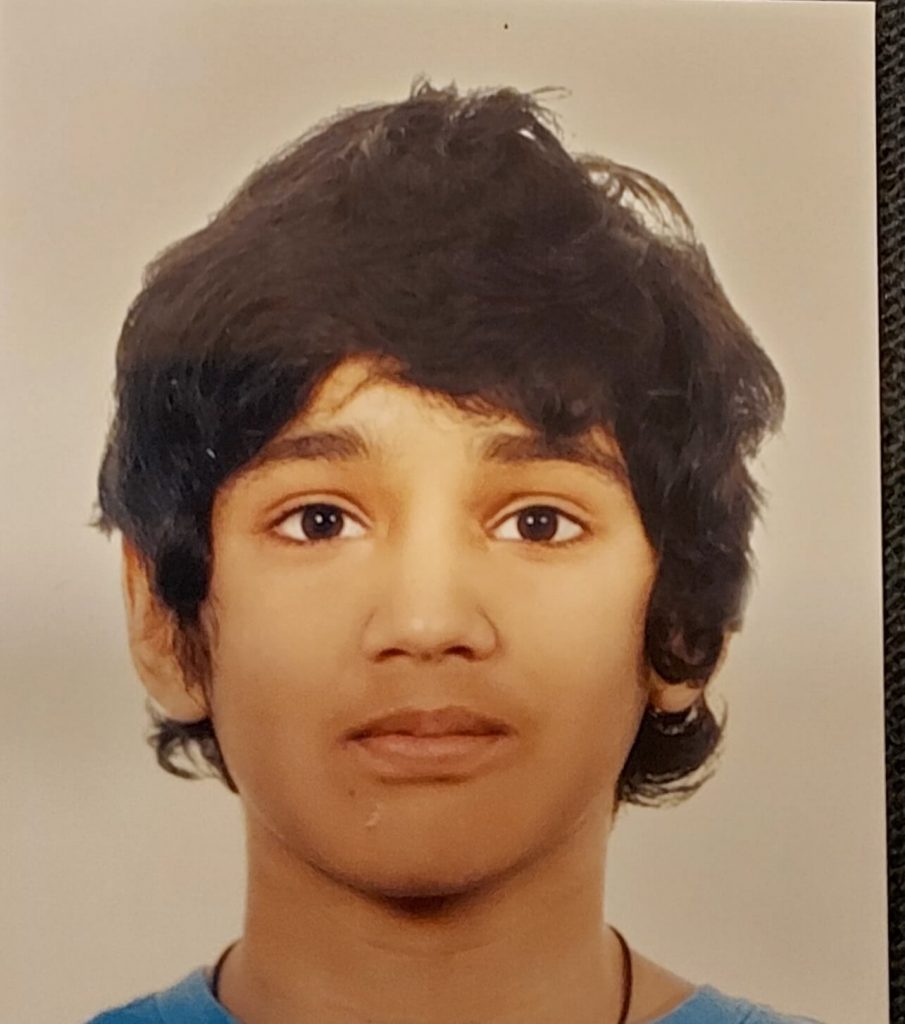
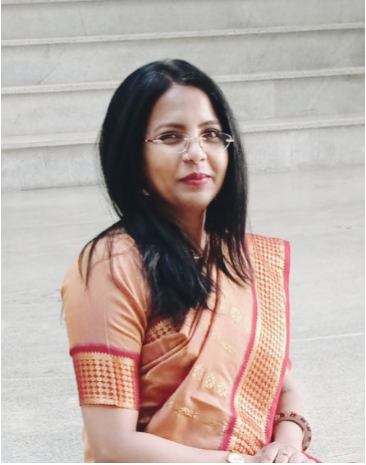





Leave a reply